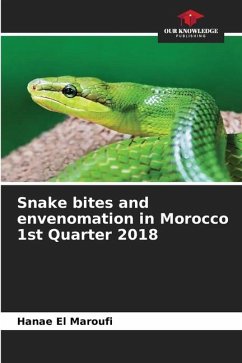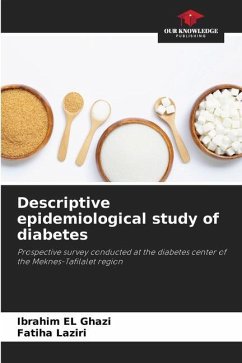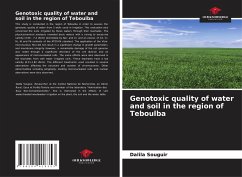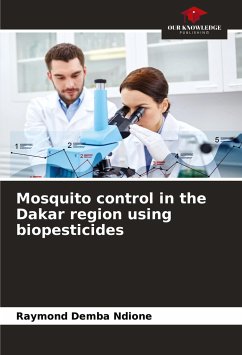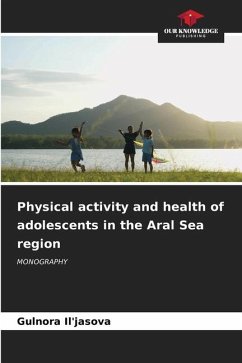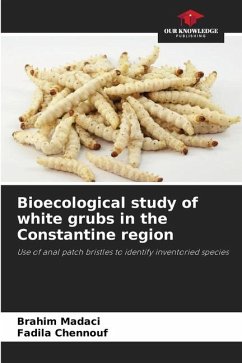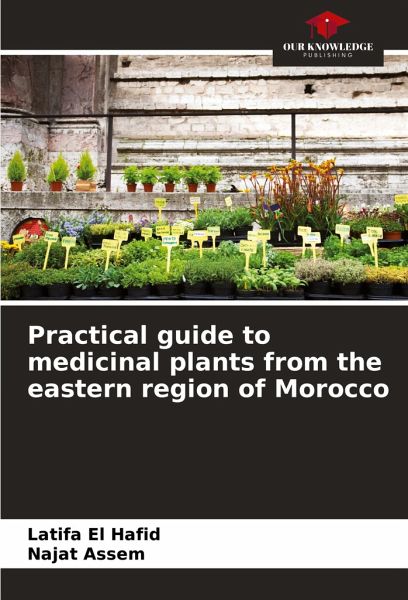
Practical guide to medicinal plants from the eastern region of Morocco
Versandkostenfrei!
Versandfertig in 6-10 Tagen
36,99 €
inkl. MwSt.

PAYBACK Punkte
18 °P sammeln!
This guide aims to identify and document the medicinal plants traditionally used by the population of the eastern region of Morocco to manage various diseases. In general, this guide will be of interest to all those who wish to acquire a good basis for the knowledge and use of these plants. The reader will find the scientific name, the parts used, the method of preparation and also the geographical distribution for each plant. Herbal remedies are used to treat many pathological diseases; of these, digestive disorders are the most cited by herbalists. This catalogue of 90 medicinal plants belon...
This guide aims to identify and document the medicinal plants traditionally used by the population of the eastern region of Morocco to manage various diseases. In general, this guide will be of interest to all those who wish to acquire a good basis for the knowledge and use of these plants. The reader will find the scientific name, the parts used, the method of preparation and also the geographical distribution for each plant. Herbal remedies are used to treat many pathological diseases; of these, digestive disorders are the most cited by herbalists. This catalogue of 90 medicinal plants belonging to several botanical families showed that local ancestral knowledge of medicinal plants still exists in the eastern region of Morocco and that herbalists seem to play an important role in primary health care services in this study area. The data in this catalogue highlight the need for further scientific research on these medicinal plants to determine their efficacy as well as their safety.



